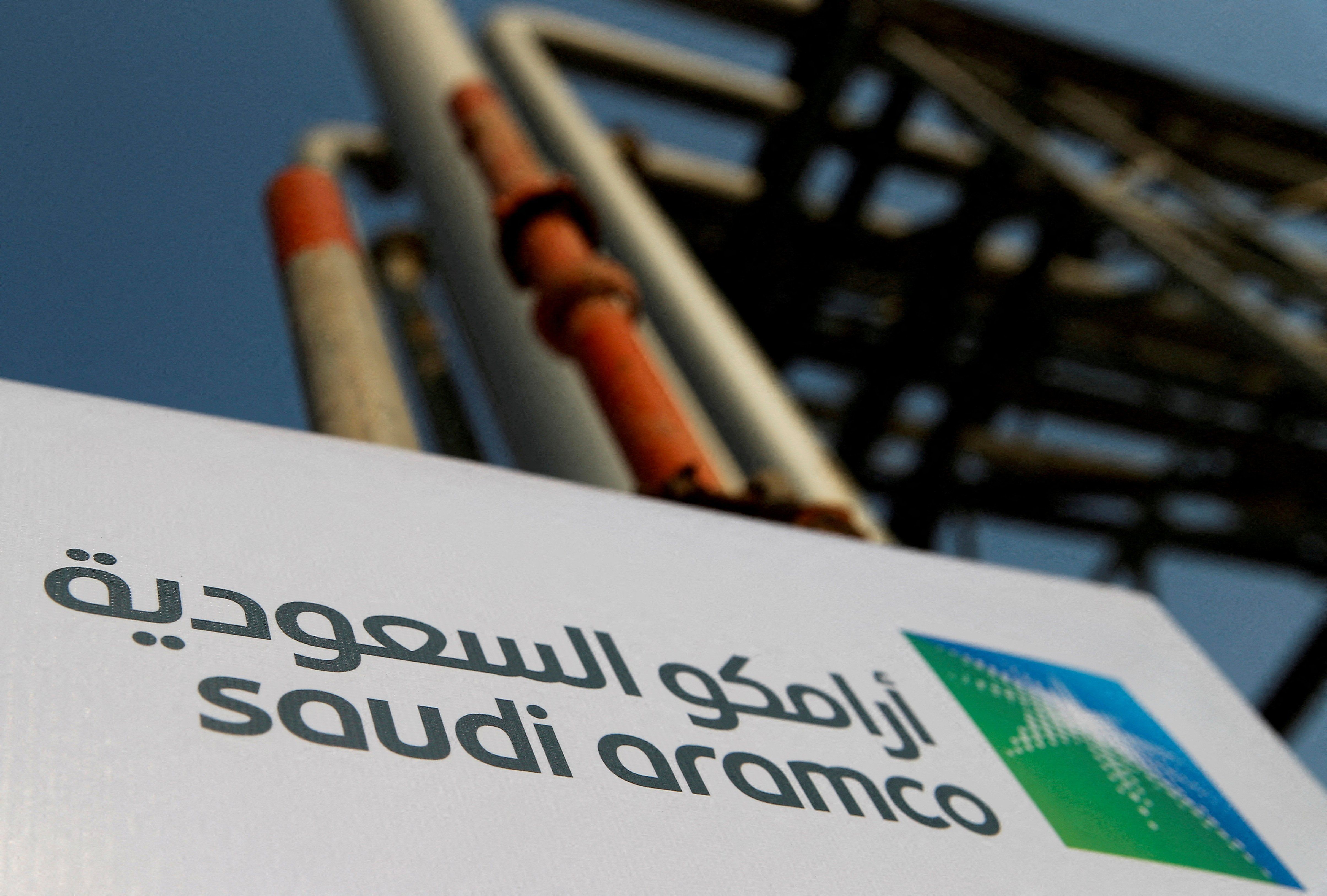The Saudis’ controversial plan to slash oil production by 1 million barrels per day officially kicked off on July 1. The kingdom hopes that these voluntary cuts will help raise oil prices, which have remained sluggish for the better part of 2023. (The OPEC+ cartel – which include resource-rich countries in the Middle East, Latin America, and Africa, plus Russia – surprised observers when they announced some output cuts back in the spring that briefly drove up prices.)
Riyadh, for its part, has so far said that this reduction will last for the month of July but emphasized that it remains open to an extension. This comes as the global benchmark for crude oil has dropped around 13% in value so far this year, down from sky-high prices seen last year when Russia’s war in Ukraine sent commodity prices soaring.
While the Saudis hope that increasing demand from big buyers like India and China will help keep oil prices steady in the next few months – which Riyadh is banking on to help it reach its ambitious economic goals – many economists say that a number of factors, including ongoing interest rate hikes and China’s slower-than-expected economic bounceback, will continue to sap demand throughout 2023. Indeed, recession fears in wealthy countries don’t help either.
But could this plan backfire? If oil prices do increase too much, Riyadh risks irking Beijing, its number one buyer of crude oil. What’s more, higher oil prices could further aggravate global inflation, causing the US Fed and European Central Bank to again raise interest rates that might in turn … slow economic growth and reduce demand for oil.
The next quarter will be crucial, and the Saudis must carefully play their hand.
